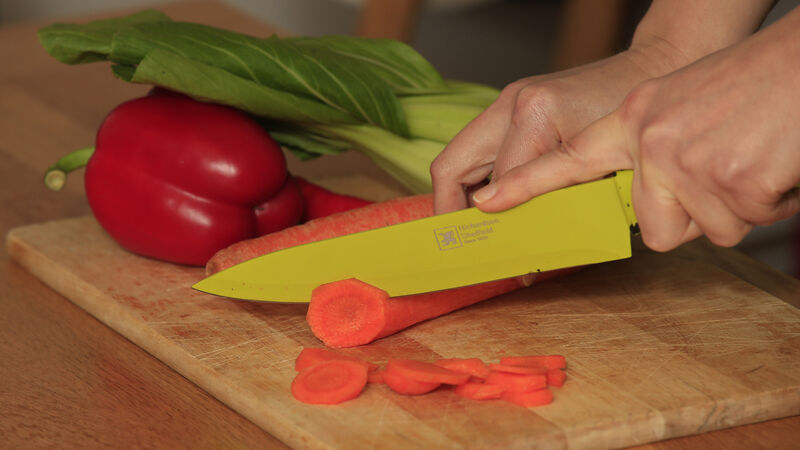Research to look at relationship between diet and disease

WORLD-leading academic Professor Jens Walter is undertaking groundbreaking research in University College Cork about the impact modern lifestyles and diets are having on our health.
WORLD-leading academic Professor Jens Walter is undertaking groundbreaking research in University College Cork about the impact modern lifestyles and diets are having on our health.
“People are more bacterial than human, we have more bacterial cells than human cells, and the majority reside in the colon”, Professor Walter told The Echo.
“They shape our immune system, specifically in early life, but in the last 100 years, the world has completely changed, our diet is nothing like our ancestors. We are not reaping the evolutionary benefits.”
He will lead a €3.7m research programme at APC Microbiome Ireland through a prestigious Science Foundation Ireland (SFI) Research Professorship award.
Professor Jens’ research is looking at the relationship between our diet and the rise of chronic diseases, and he explains “the evidence is high” that there is a link between the two.
Through this SFI funding, Prof Walter and a team of Irish and international collaborators will attempt to determine whether chronic diseases can be prevented through a restoration of the gut microbiome.
Many of us eat what is known as an industrial diet, defined as a processed, refined, corporate-produced, mass-marketed and simplified food supply that is higher in fat, salt, and sugar, as well as being lower in nutritional value.
Prof Walter has previously undertaken a study where participants were given a non-industrial diet that “went beyond what is recommended”, including no wheat and no dairy, with the aim being a diet “more similar to our ancestors”.
Fibre was key in the study, with the diet they designed including 45g of fibre daily (The Irish Heart Foundation recommends 24g-35g a day.) The diet was tested in Canada on healthy people, and the results showed massive differences — a 20% reduction in cholesterol and 6% fall in glucose levels.
He is currently looking for Cork-based participants for a new study which aims to investigate what can be done to improve our gut health without completely changing diet.
He is seeking healthy people to participate in the following study: “Determining the effects of a probiotic, when taken in conjunction with a prebiotic blend, on immune health, metabolism, and the gut microbiome, in adults with BMI 30-40kg/m²”.
Those who take part will be able to eat what they normally eat while taking a fibre supplement, in pill form, a probiotic, a combination of both or a placebo pill for the control group.
Participants can complete a pre-screening questionnaire here: https://tinyurl.com/44a3vpwt
He is also working with the food science department on another study which is currently still in the planning stages, where participants will have all of their meals cooked for them by the UCC team for the duration of the study.
They are focusing on staples of Irish food, scones, bread, and pasta, and are looking to see how the nutritional benefits of a non-industrialised diet can be achieved without changing too many of the foods we currently eat.
If their research proves that chronic diseases can be prevented through a restoration of the gut microbiome, their next step is to “get this research out there” — in the hopes regulators and policy-makers will take note and put better nutritional information on food packaging.
Prof Walter said: “If you look at groups who eat a non-industrialised diet, such as hunter-gatherers in Tanzania, their favourite foods are meat and honey. We are hardwired to go for sugar and fat, but our calorie-seeking behaviour is now our downfall.”







 App?
App?


